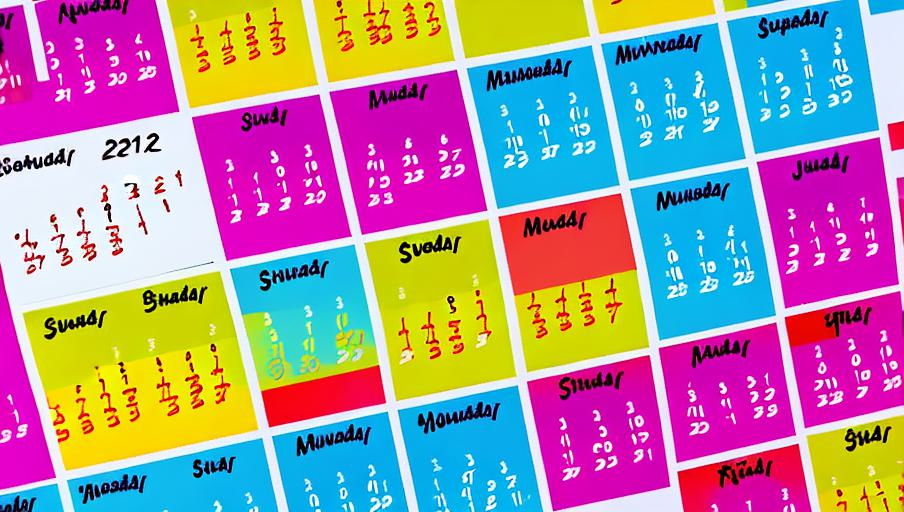My life in Outlook

I can't live my life without planning everything in a calendar. If it's not in the calendar, it doesn't get done.
Over my working life, I've tried many ways of organising my work and studies: apps, notebooks, scraps of paper dotted randomly over the house, but none of them quite worked. Before my ADD diagnosis, I had no idea why it didn't work, and felt, incorrectly, that I was just defective and not able to organise. But that wasn't true; it's that people with ADD find it harder to organise.
Why is this? Challenges with working memory, sequencing, prioritising, getting motivated among others mean that we aren't always nature's best planners. Here's the research to show it.
When I switched to a digital calendar to manage my life, everything changed. It overcame the hurdles that were previously difficult to overcome:
- Structure - a calendar has a natural structure, which a blank page doesn't. This allows me to fit everything I need to do into a concrete form, and I can easily drag and drop tasks and appointments to fit it.
- Reminders - the calendar doesn't forget, and it bugs me to do things when I need to do them. I always set two reminders at an appropriate time interval and I seldom miss a task because of this.
- Timings - at a glance, I can accurately see how much time a task will take and how much time I have left to do other things, which allows me to easily plan my days.
Because of the above, I work with my brain instead of against it, getting the prompts I need, portraying data visually and it comes together to work well. And best of all, this usually comes with your phone or free webmail - no need to pay for a fancy app.
If this resonates with you, or you have other ways of managing let me know via Twitter @Nonjudgementa1
